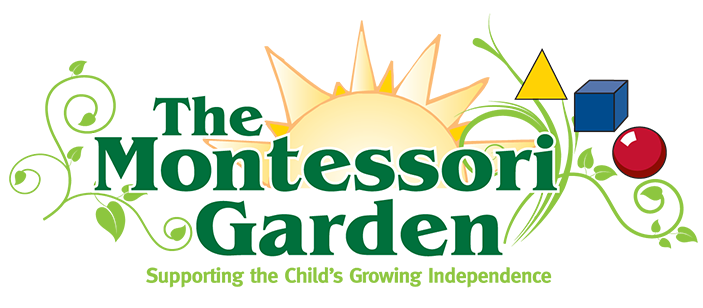Child with Special Needs
Montessori and the Child with Special Needs
As a special education teacher for over 20 years, I realize that all children can learn no matter what their special needs may be. There are children with Down Syndrome, autism, learning disabilities, dyslexia, attention deficit disorder, or a physical disability. Whatever the case may be, all children can learn.
Two years ago, I decided to open a Montessori Preschool in the Miami area. Many people tell me that I’ll always be a special education teacher, because these are the children I attract. It’s not that I attract them it’s that I accepted their differences and teach them. I became a teacher because I enjoy teaching any child whether they are Down Syndrome children or gifted, any child can learn.
I have had several disabled children accepted into my Montessori program and they had done great. I’ve had a child with Down Syndrome, a physically handicapped child, a child with autism, and several children with speech and language delays. They all exceeded our expectations and goals.
Montessori education is an educational approach developed by Italian physician and educator Maria Montessori. She emphasized independence, freedom within limits, and respect for a child’s natural psychological, physical, and social development. Children with challenging behaviors inspired her work. At her time, they were considered mentally challenged.
In a Montessori environment, children learn by exploring specially designed materials. Each material teaches one concept or skill at a time. It gives the child the foundation for the child to understand abstract ideas. The classroom is beautifully prepared and inviting. The materials are introduced and the child is taught how to use them appropriately. Then, the teacher allows the child to work through the process independently where most of the materials are self-correcting. The teacher’s goal is to inspire rather than instruct.
Children with special needs, such as learning differences and physical disabilities often thrive in a Montessori setting. The younger they start, the most gains they will make. Montessori materials engage all the senses, which in turn is extremely important with students with different learning styles. Students are free to move about the class, which is great for students who require a high level of physical activity. Each child learns at their own pace, so to children who are the same age but have different abilities work on the same lessons without the pressure of formal standards. Language is encouraged in the Montessori classroom helping the children with speech and language impairments.
Again, it is best to begin Montessori early in a child’s life. At the child gets older it is harder to transition from traditional to Montessori schooling. Although going from Montessori to traditional schooling is easier for a child, because they have learned to become independent learners. In the Montessori philosophy, there’s an emphasis on peace, cooperation, and respect, making it less likely that a child with special needs will be teased or ostracized. Instead, I have seen how the other children make an effort to accept, befriend, encourage, and guide the special needs child.
There are some cons when considering a Montessori environment for a child with special needs. There are some Montessori classrooms with large class sizes and a special needs child who needs a lot of one-on-one time with the adult may not get as much attention as he or she needs. The children are encouraged to work independently. A child with special needs may find it difficult to focus, concentrate, and work on his or her own. Also, some Montessori schools do not have teachers who are specially trained to work with a special needs child, where they need a lot of patience and strategies on what to do in certain situations. Special services may not be offered in the school and may be difficult to coordinate. So not all Montessori schools are created equal. Some schools may be able to provide for the special needs child, but not for another with the same disability. Every child is different and not every special needs child will be successful in a Montessori environment.
It takes work from the director and the teacher as well the parents to make it work. Of key importance is communication between parent and teacher to make sure the child is learning. Parents can also start applying Montessori lessons at home. This has worked tremendously with several of my students. The parents are key to making it work, including getting outside help and support services if needed.
Can a child with special needs be successful in a Montessori classroom? Definitely. Personally, I have had a child with Down Syndrome be successful. I have had a physically impaired child be successful in moving about the Montessori classroom with lessons that are scattered around the room. He has increased his mobility and learned to function independently. I have also had a child who entered our school with a speech and language disability. This child was receiving special services for his speech and had not had any successes. He has started talking and using vocabulary appropriately in the classroom as well as home. The Montessori method and classroom encourages language and speech during class time.
Success is dependent on the child, parent, teacher, and director. There are many pros to having a child with special needs in the Montessori classroom. If other programs have not been successful, a good Montessori program is encouraged and it never hurts to try. The Montessori philosophy teaches children to work as a community and help others no matter how different we are from one another.
“The early years especially are ones of greatest mental growth.” Maria Montessori.
By: Danierys Hernandez
The Montessori Garden School
8250 Bird Road
Miami, FL 33155
786-275-4748
